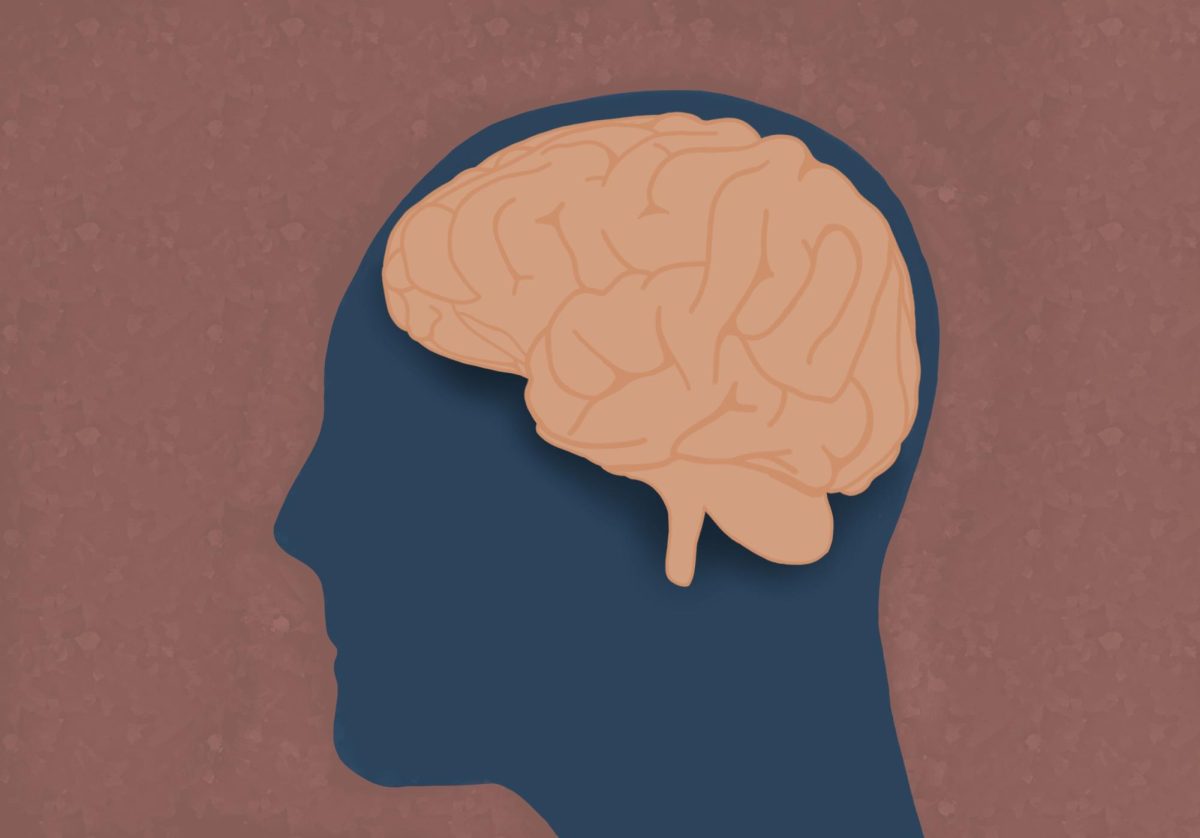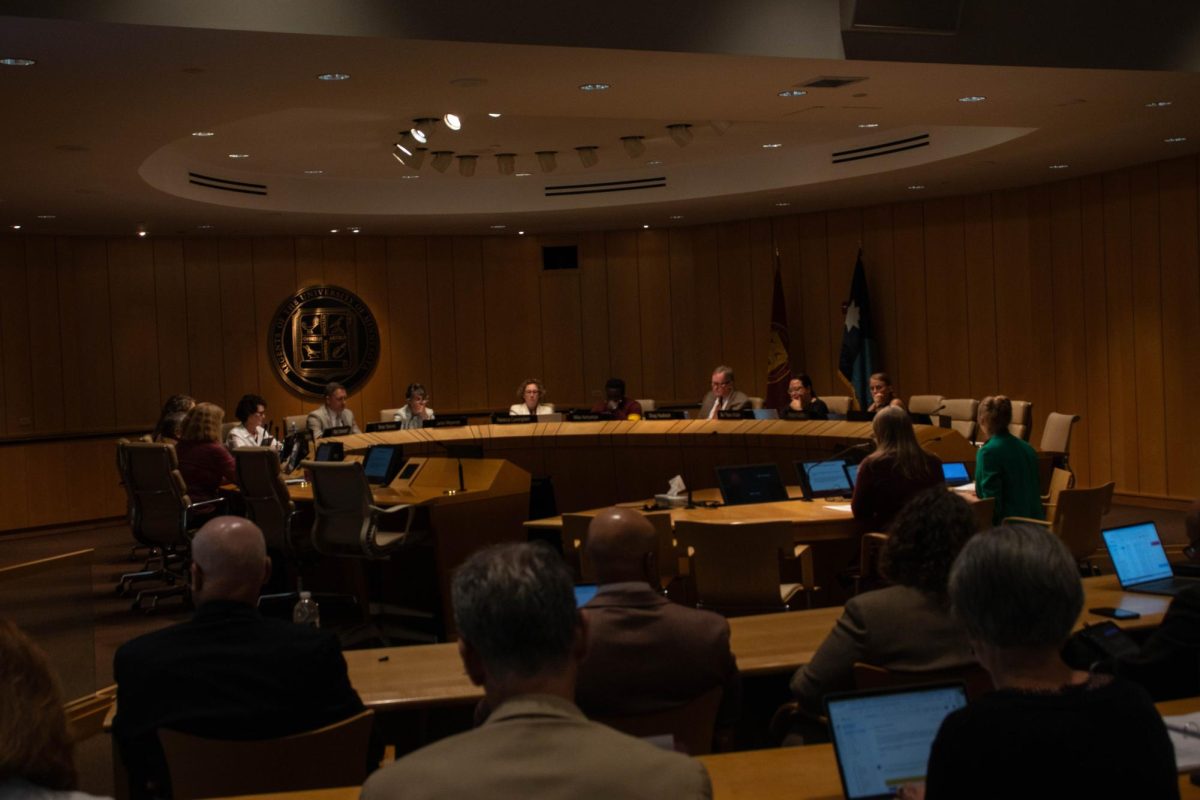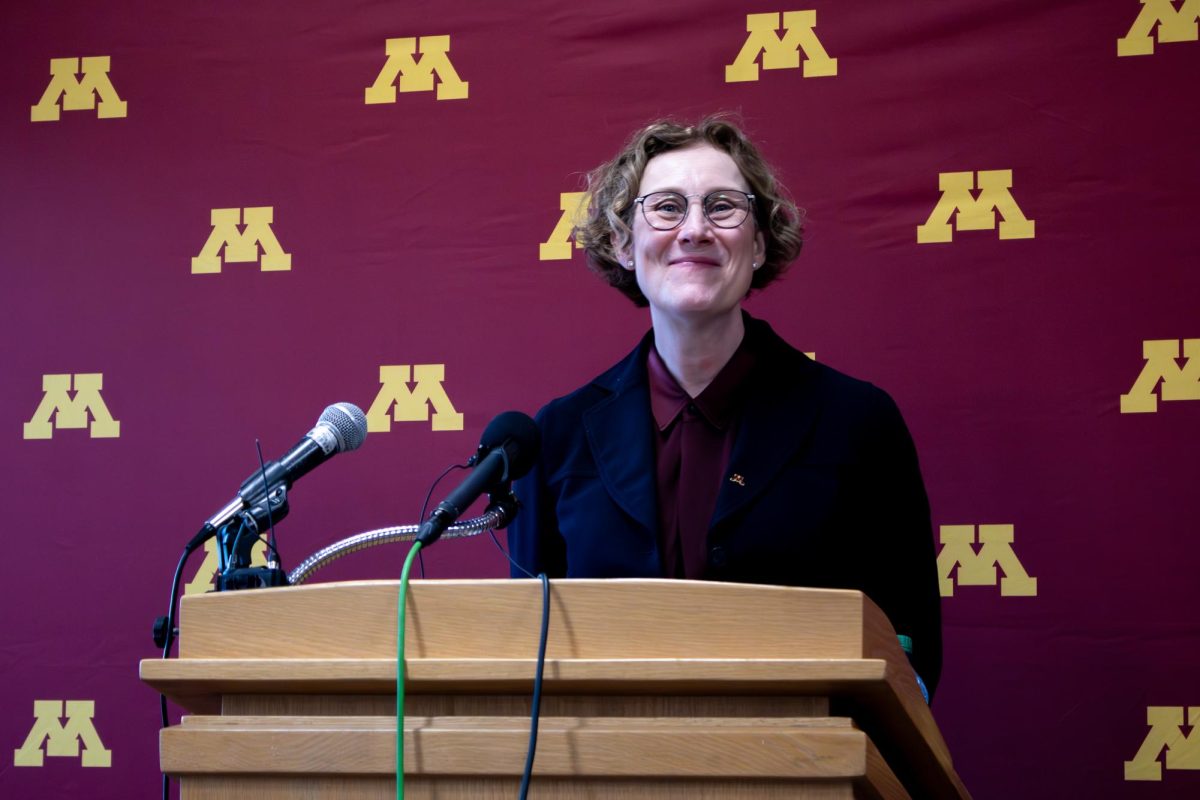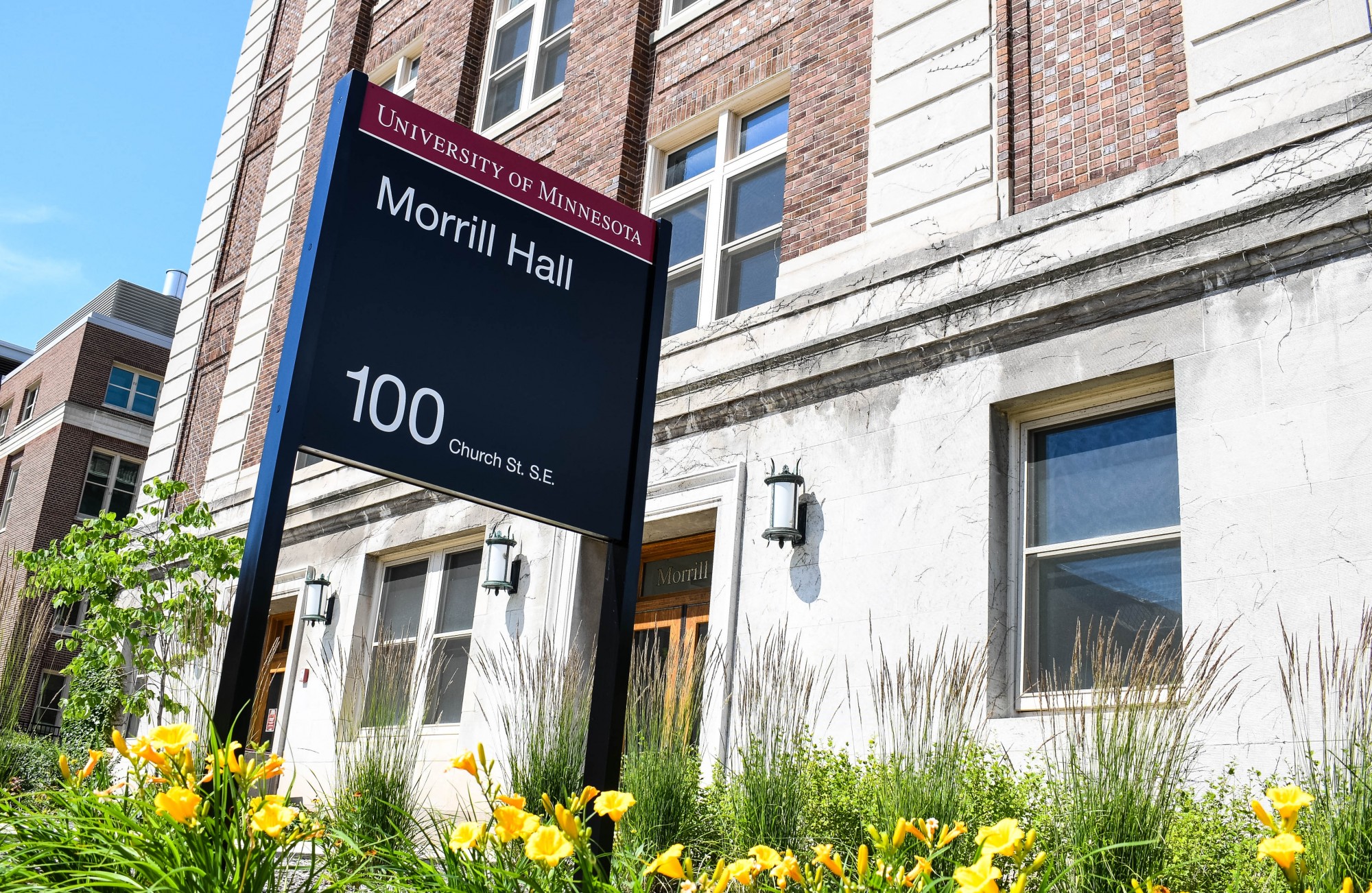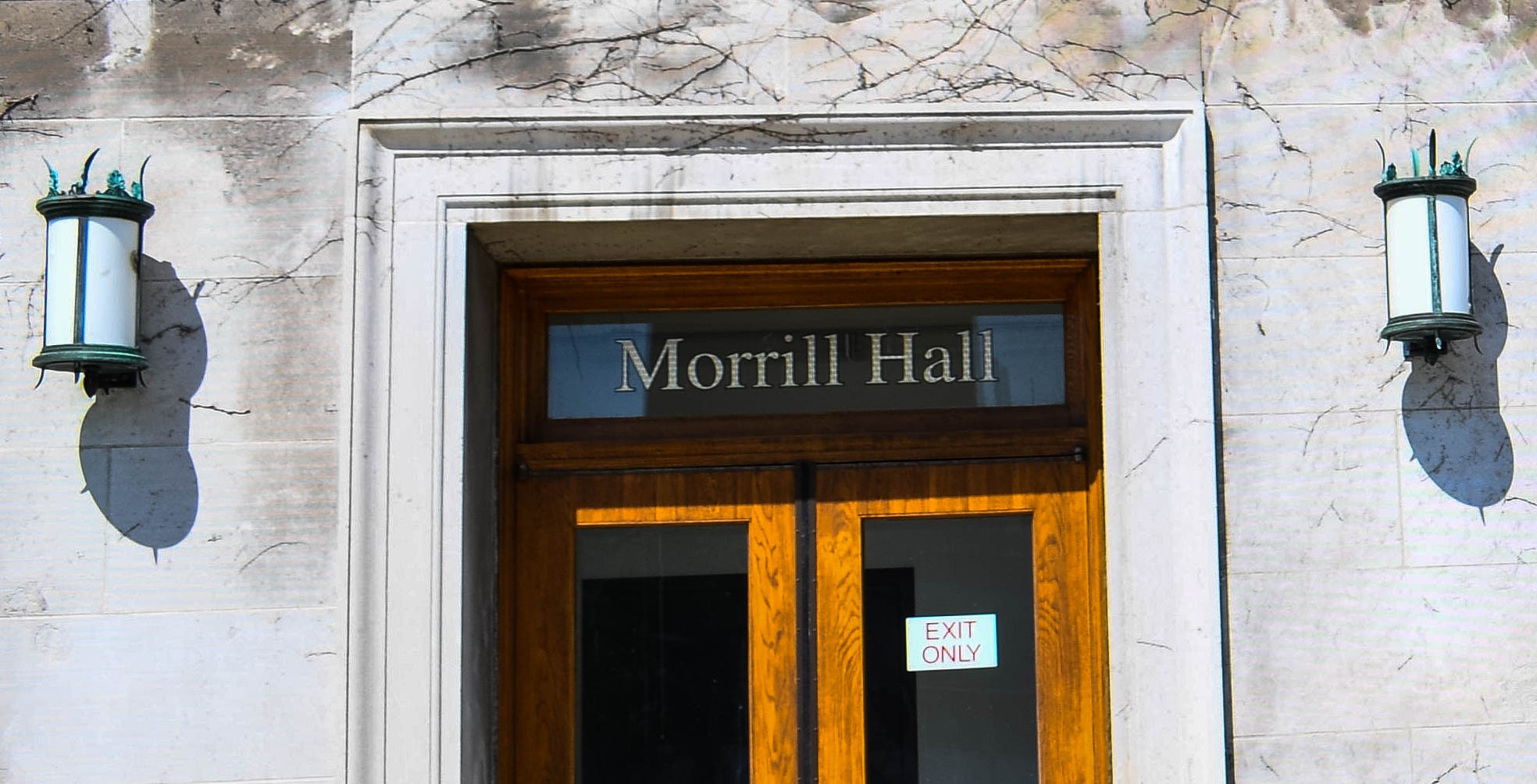The President’s Initiative for Student Mental Health (PRISMH) will bring more new programs to all five campuses during its third and final year of activity.
A PRISMH leader said programs created by the initiative will be managed by the Office for Student Affairs (OSA) after the task force concludes activity this year.
PRISMH is part of the larger, system-wide initiative MPact 2025 started by former University of Minnesota president Joan Gabel in 2021, which aims to address the ongoing challenge of student mental health. Planning for MPACT started in 2016.
Maggie Towle, senior vice president of student affairs and co-chair of PRISMH, said she and newly-appointed co-chair Robert Dunbar will be meeting with Interim President Jeff Ettinger next week to discuss how the programs started by PRISMH will be handled moving forward.
Towle and Dunbar both said although the task force is ending activity after this year, they hope the programs and initiatives will maintain momentum.
“I can’t even imagine this ending full-stop,” Dunbar said. “There are so many people who are focused systemwide to promote student mental health and well-being that it will not end.”
Over the summer, PRISMH efforts led to the addition of a new permanent drop-down tab on the MyU website for mental health and wellbeing, Towle said, adding any new U Cards printed since fall 2023 will include the student crisis phone and text lines on the back.
PRISMH will be piloting a “front-door” website for mental health options in spring 2024, Towle said. It will serve as a more direct and immediate way for students, staff, faculty and family to access mental health options in times of urgent need or crisis.
PRISMH will also be rolling out their Mental Health training program, previously known as the Mental Health Advocates program, systemwide. The program consists of eight self-guided courses for employees to learn essential skills to support students’ mental health needs.
The training program is designed for employees, but not students or student employees. From July to September 2023, 350 University employees on the Twin Cities campus used the materials provided by the Mental Health training program.
Originally a Twin Cities-exclusive, the training program was implemented on the Morris campus over the summer and will find its way onto the remaining three campuses by spring 2024.
“We’re really excited about equipping our faculty and staff, and making sure that student mental health and wellbeing is front and center,” Towle said.
Phil Buhlmann, chair of the Faculty Consultative Committee (FCC) from 2020 to 2021, has taken an interest in student mental health since 2012. Buhlmann was a member of the Provost’s task force on student mental health that transitioned into PRISMH.
Buhlmann said it is very important for PRISMH to not just offer resources but continue being leaders in preventative measures once its activity concludes.
A majority of Buhlmann’s work focused on the mental health of graduate students. According to Buhlmann, the stressors graduate students face are different from those plaguing undergraduates.
Buhlmann said he is concerned that when the PRISMH program is handed off to the OSA it will lose focus on graduate students. He added it is critical the University continues to consider the mental health of its graduate students as well.
Buhlmann said he participated in the pilot program which eventually became the Mental Health program that PRISMH will roll out systemwide.
PRISMH collaborates with many organizations across campus, including Boynton Health and the Disability Resource Center (DRC).
Faculty are required to complete a training called Fundamentals of Disability Accommodations and Inclusive Course Design. The course teaches faculty about disability accommodations and the inclusive course design which is required for faculty to complete at least once in their career at the University.
According to Tina Marisam, director of the Equal Opportunity & Title IX office, the course is currently the only one of its kind in the country. The office received requests from over 100 other institutions to access the course for their faculty.
The course is managed by the DRC and was created partially as a response to the increased number of students requesting disability accommodations across campus, according to Marisam.
“A strong foundation in mental health and wellbeing, from my perspective and the faculty perspective, is critical in being able to educate people,” Dunbar said.
This article has been corrected.










